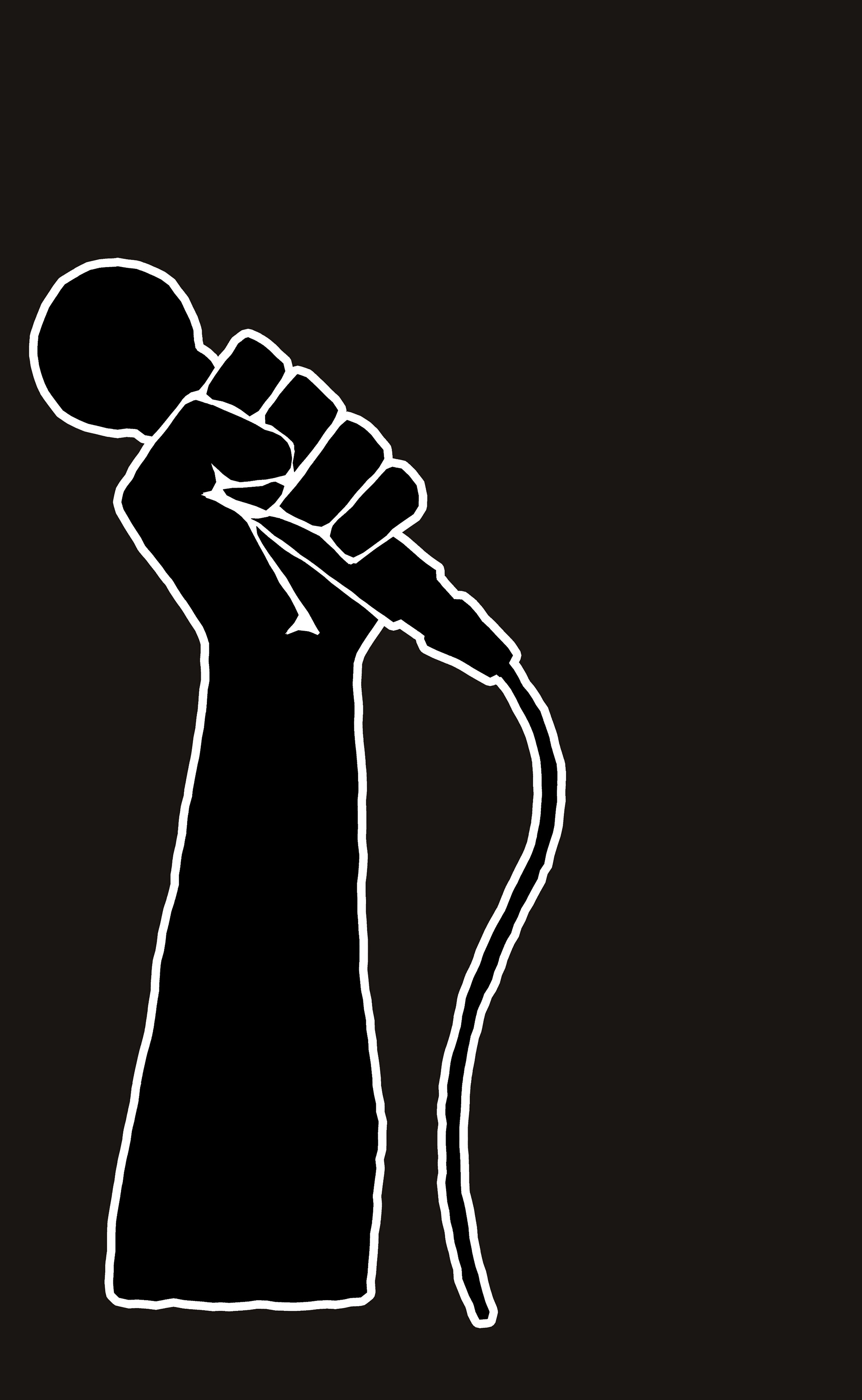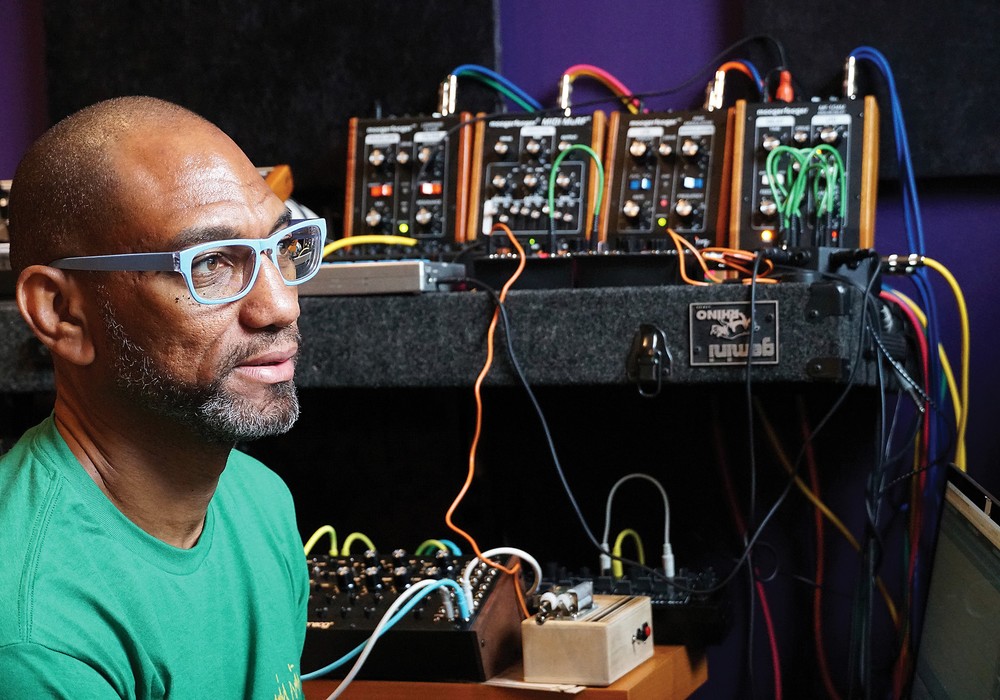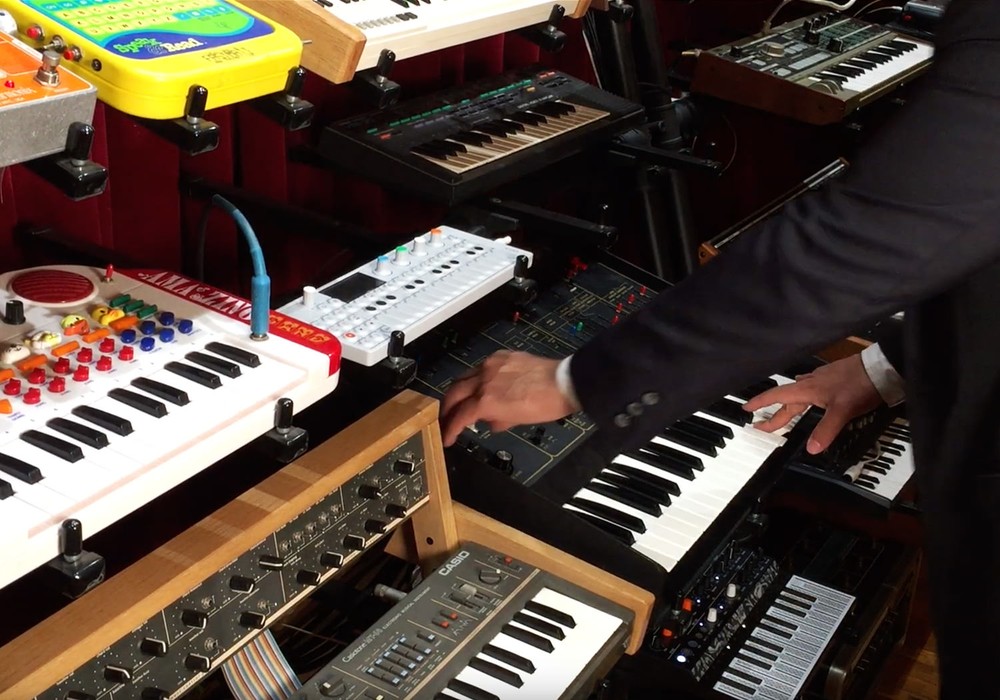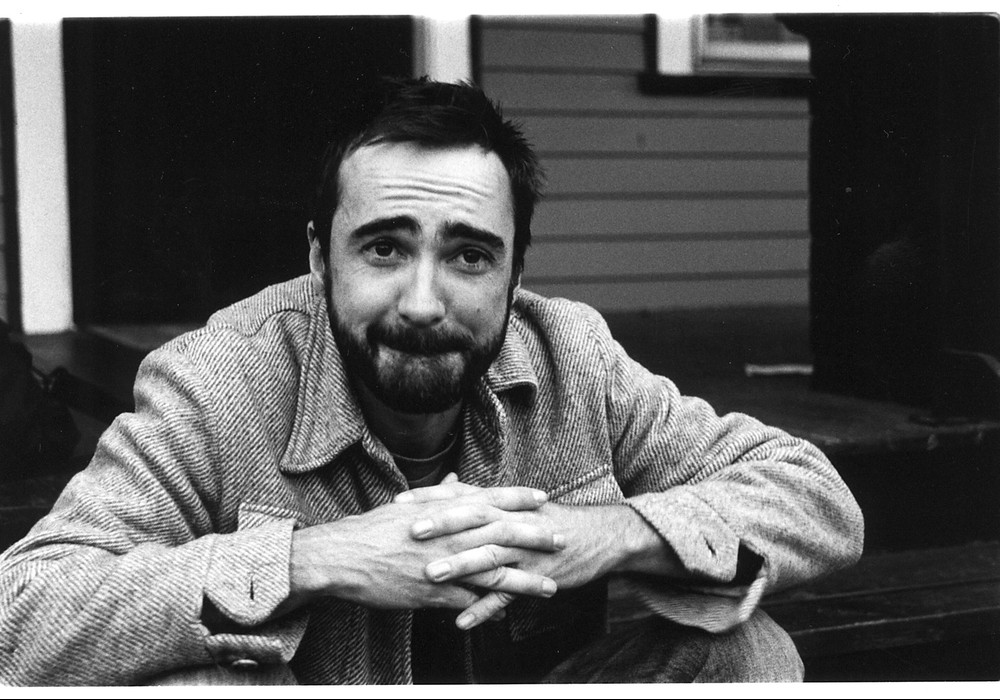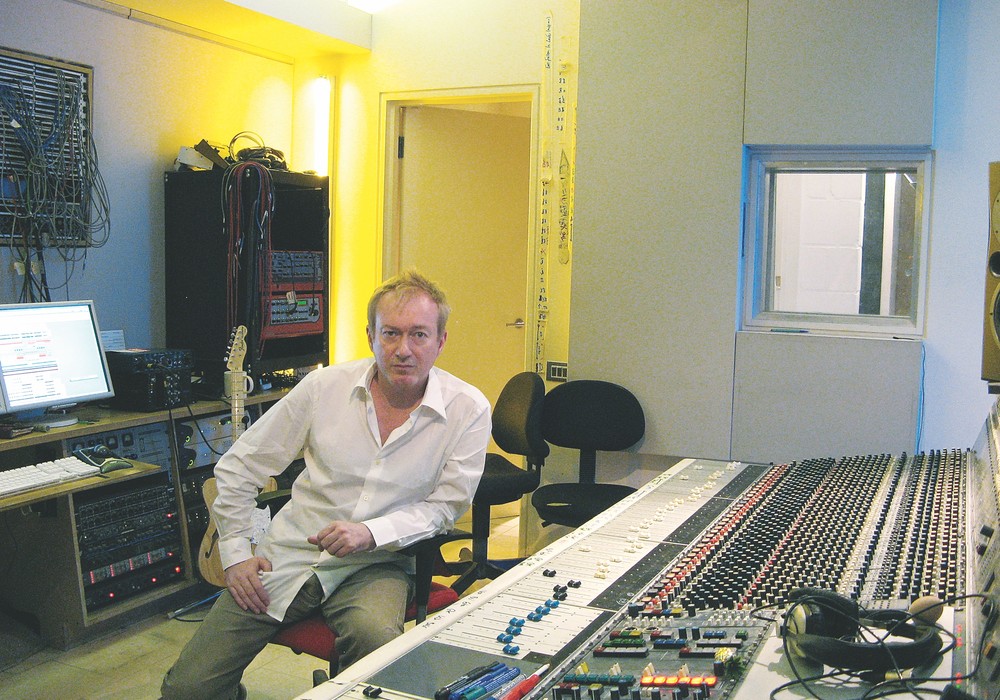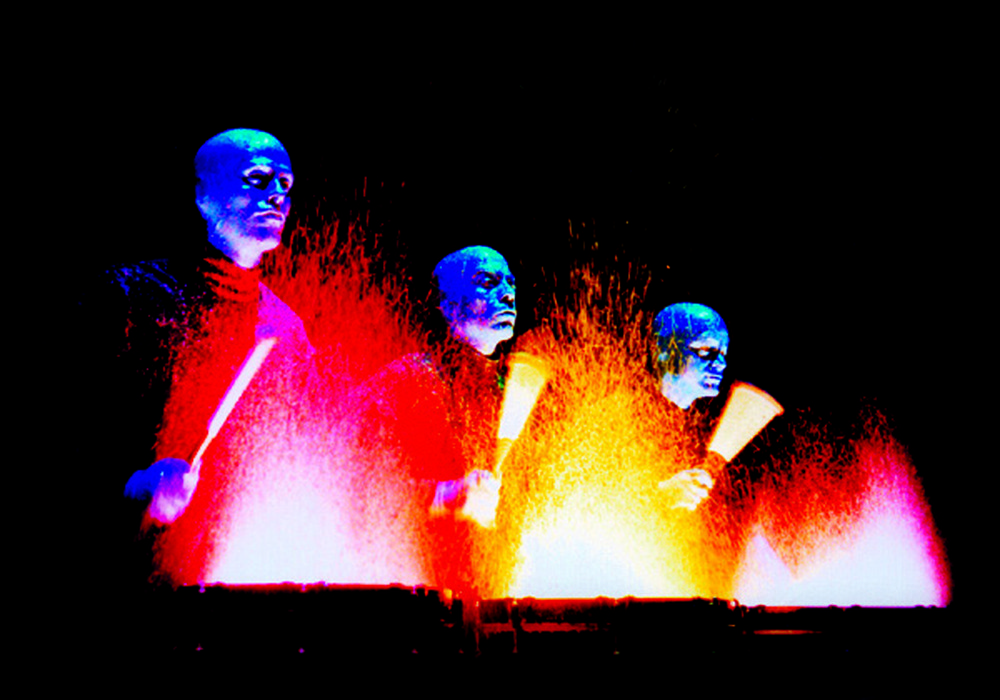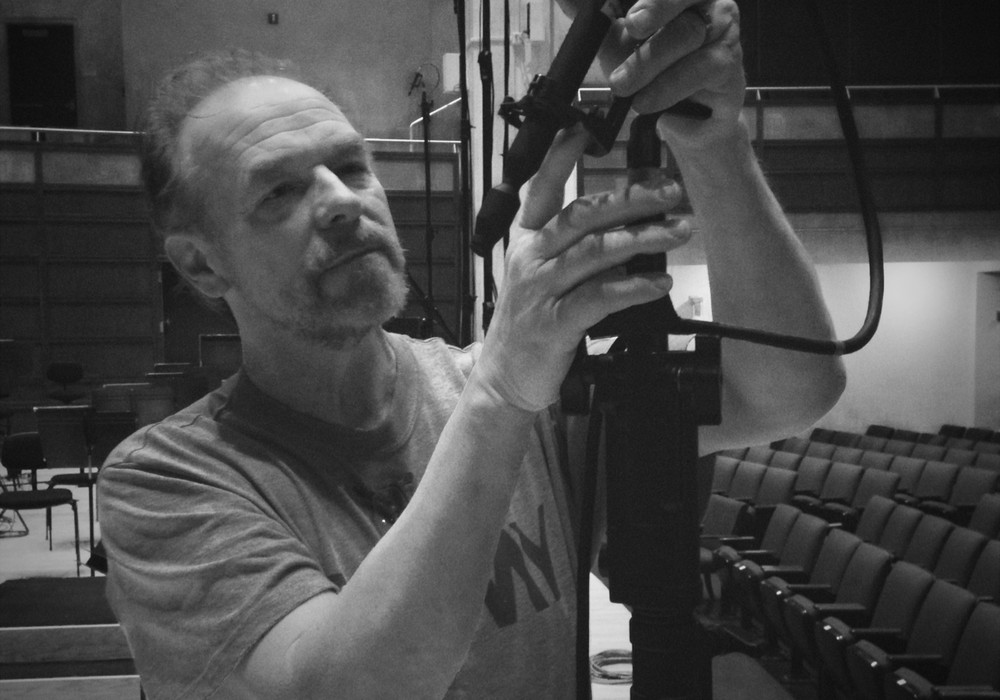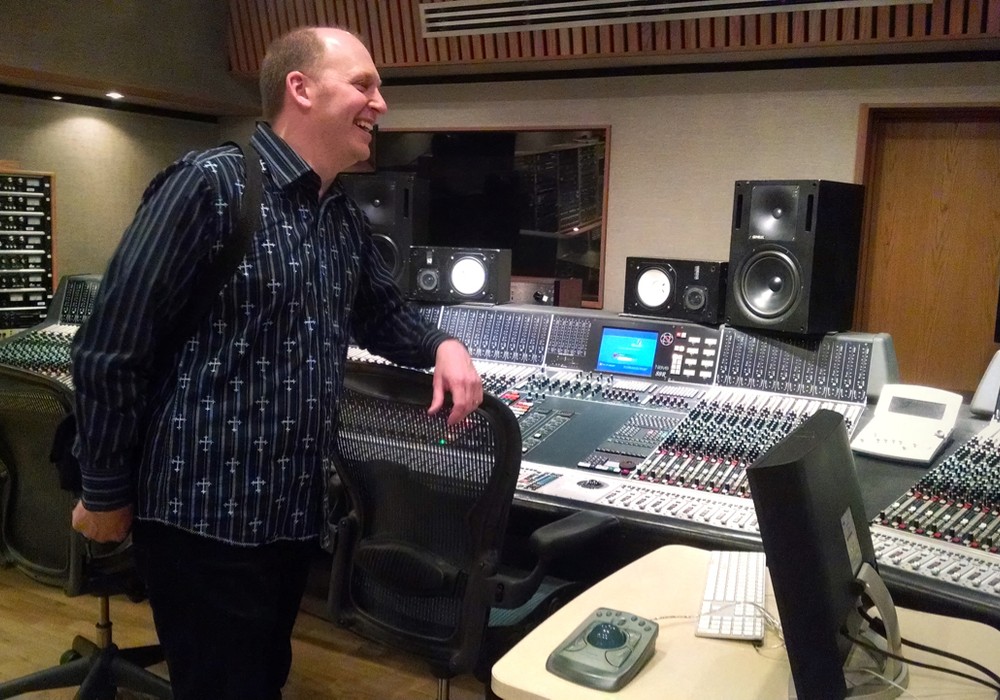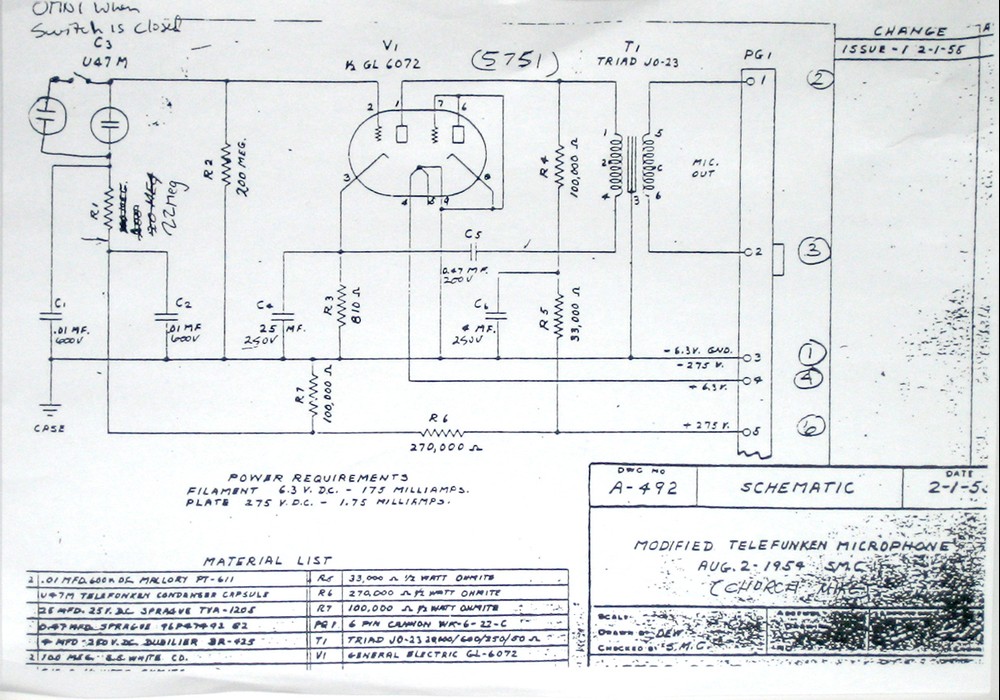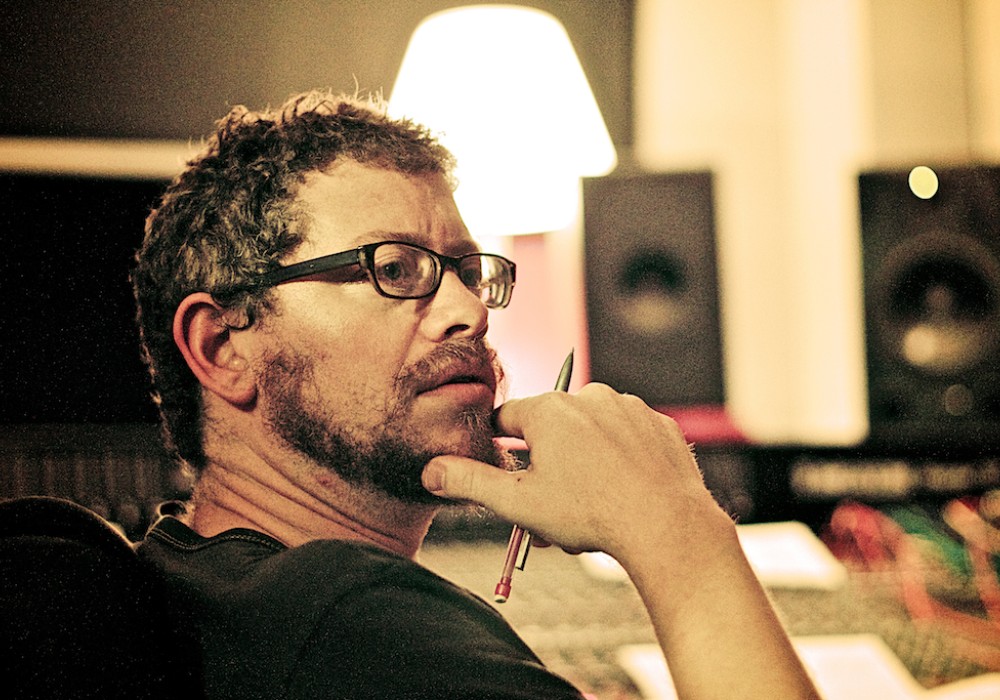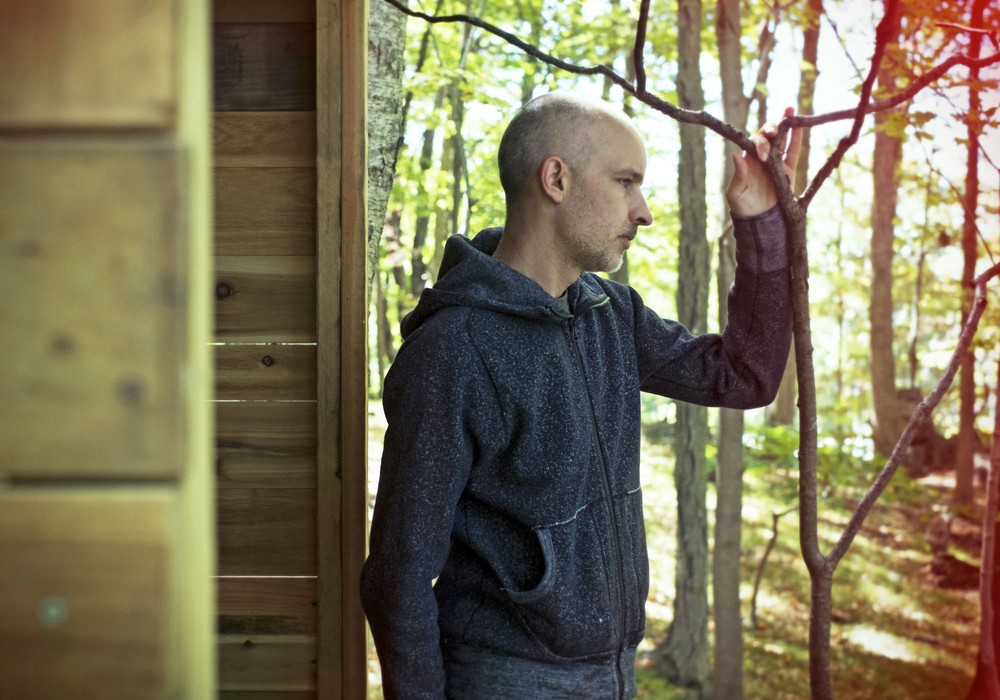It's 1970, and a man runs a respected barbershop in inner-city Philadelphia. One day his five-year-old son asks him for a timeslot to DJ for the patrons. (He also wants to borrow some records). Most might've laughed at the request, but not this father. He and his wife value art, education, and hard work, so he agrees to the plan. Philadelphia is about to get one of its youngest DJs, and the music world is about to get King Britt. The young man's adventures continued, often bordering on the fantastic. From Philly, to clubs in Europe, to the big screens of Asia, King Britt is nothing if not the patron saint of talent, faith, and persistence. Even from the time we started this interview until its submission, he has had four new releases, inked a scoring deal, and began a professorship. Tape Op caught up with him in his Philadelphia laboratory, not far from the barbershop where it all started.

You were born and raised in Philly, and spent a lot of time in the barber shop. Tell me about that.
When I was five years old one of my first jobs was to play records for everyone who came in. The whole neighborhood comes into a barbershop – mostly men. Not only to get their hair cut, but it's an entire experience. Watching the game, listening to the newest records, and talking about lady troubles... general men talk. My father would take me to the record stores every Friday to get all the new releases. I learned there were times to play certain songs. Maybe you needed to make people relax, or get people talking. Some guy comes in stressed out from life, I would put on [Martha and the Vandellas'] "Heat Wave" or some Jackson 5 song, and it got people in a joyful and celebratory state instead of being negative or getting angrier. That was my first experience observing how music can affect people's emotions. I also learned about various styles of music. My dad was all funk and soul music. However, at home, my mother was all jazz and jazz vocalists. And she was friends with Sun Ra.
Didn't he say he was a spaceman?
Yes, he was a pioneer. He lived all over: Alabama, New York, and Chicago. He moved to Philly in the late-'60s. His group, the Arkestra, moved into Germantown here on Morton Street. When you're five, six, or seven, Sun Ra is too much, from a musical standpoint. However, visually, it was mind-blowing. To see black people running around in costumes, looking like superheroes, and making this otherworldly music; it blew my mind. That was the first time I ever saw a [Moog] Polymoog [synthesizer]. Owen Brown used to play with them.
You were young, but had an eye on a Moog?
It wasn't until the '80s that I noticed Owen Brown and the Moog. My mom didn't believe in baby sitters. If there was a show, I was going with her. When I went to high school, it was: school, work, shows. Homework was easy. I was a good student and got that done. In sixth grade, I had a teacher, Mr. Fell. Every Friday we would do music appreciation. This was in southwest Philly, which is still pretty rough today. I had a great childhood. I had everything; toys, an Atari, you name it. But the neighborhood was on the fringe of madness sometimes. In the early 1980s, gang wars were an issue in Philly. There was the mafia in south Philly, and everywhere else were these little gangs. I mention this because my mother was adamant that I did not go to school in the neighborhood; she made sure I went to school downtown. You apply, and you get bussed. Luckily for me, James "J.T." Taylor's (the lead singer of Kool & The Gang) grandma lived in Philly. She would drive myself and her niece, Yvette, to school. For three years, I went to Albert M. Greenfield Elementary. Mr. Fell's class changed my life. This was the first time I got to focus on other music that was not funk, soul, or jazz. The kids downtown were predominantly Jewish. They were bringing in Led Zeppelin, Iron Maiden, and Billy Squier – music I hadn't heard. Zeppelin and The Police blew my mind because of the drums. [John] Bonham and [Stewart] Copeland were beyond anything thing I assumed drummers could do. Keep in mind, this is before what we know now. Hip-hop had started in New York, and some people were passing around tapes, but I was too young for that circle. Meanwhile, I was bringing in Michael Jackson and Heatwave.
You mean Rod Temperton's band, Heatwave?
Yes, the band. I was bringing in Parliament [-Funkadelic], and those kids were like, "Whoa!" I also gravitated to Yes, Rush, and King Crimson. I know people call that "math-rock," but it was jazz to me; just different instrumentation. In high school, I met like-minded individuals. We would go to shows on our own. At 13, I was allowed to go to shows. I...
